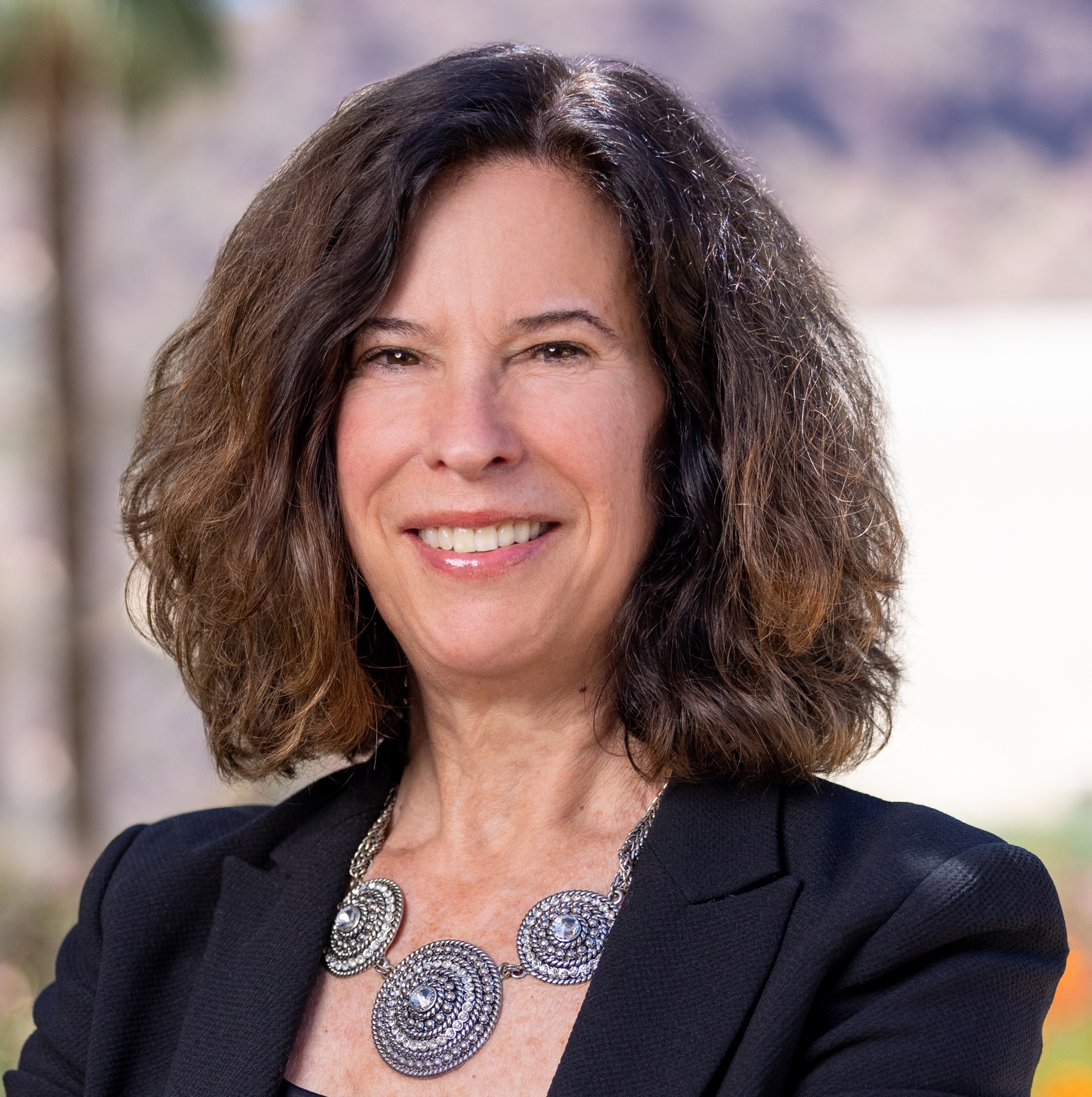Confronting Cognitive Dissonance—Why Arizona Leaders Must Bridge the Disconnect Between Voter Priorities and Policy Outcomes

There’s a disconnect in Arizona’s political landscape—one that goes beyond the partisanship and division that dominate headlines. Despite what it may seem, Arizonans across the political spectrum have a surprising amount of common ground on our state's most important issues. The problem? This consensus is at odds with the policies and political discourse that shape our everyday lives. The disconnect, or what we might call “cognitive dissonance,” is felt by Arizonans every day, leading to frustration and a lack of trust in our institutions.
The Arizona Voters’ Agenda, developed by Center for the Future of Arizona (CFA), reveals this disconnect clearly. Our data show that voters share strong agreement on critical priorities, yet these often get overshadowed by the noise of political bickering and gridlock. This cognitive dissonance, where what voters want doesn’t match what they see happening, contributes to a growing divide between the electorate and those in office.
Closing the gap isn’t just about good governance—it’s about restoring trust and making Arizonans feel truly represented.
Understanding Where Voters Agree Provides a Strategic Advantage
The 2024 Arizona Voters’ Agenda shows that over 85% of likely voters agree on increasing postsecondary enrollment to secure Arizona’s future, and 93% want stronger protections for our water resources. On issues like education, water, elections, housing, and immigration, voters across the political spectrum have identified clear priorities. Nearly 90% of voters support comprehensive immigration reform to ensure a functional border that facilitates commerce and immigration—an issue that often leads to gridlock.
These aren’t insignificant issues—they’re priorities that cut across party lines and reflect the practical, solutions-focused mindset of Arizonans. Our political climate makes turning them into reality difficult. When partisanship and divisiveness are more prevalent than cooperation and progress on solutions, this misalignment creates a sense of frustration and disillusionment among voters.
Understanding where voters agree offers leaders a strategic advantage to support policies that reflect what Arizonans care about. Leaders who recognize and leverage these areas of agreement are more likely to achieve tangible outcomes and distinguish themselves as credible, solution-oriented advocates at a time when the public is tired of rhetoric and hungry for positive action.
Aligning with the Majority Isn’t Compromise—It’s Smart Governance
Most voters are not entrenched in extremes. According to the Arizona Voters’ Agenda, 91% are deeply concerned about divisiveness in politics, and nearly 60% believe that political parties have become too ideologically extreme.
This cognitive dissonance—where the polarizing political narrative is at odds with what we know and is affirmed by our data showing vast agreement areas with our fellow Arizonans—creates a damaging cycle. However, leaders who choose to align with what the vast majority of Arizonans want can break this cycle by championing the issues that truly matter to people.
This doesn’t mean giving up on political identity or principles. It’s about taking action on issues that have strong voter support.
Leaders who champion widely supported issues show they can rise above the noise and take the side of the voter. It doesn’t have to be a winner-takes-all compromise—it’s about finding common ground and negotiating solutions that reflect what matters most to Arizonans. And that’s what Arizonans want. While partisanship may drive headlines, the data show that nearly two-thirds of voters seek leaders who prioritize working across the aisle over rigid ideology.
Seizing the Opportunity to Lead on What Unites Us
For those in public office, there’s a unique opportunity to lead by addressing the disconnect between voter priorities and policy outcomes. The Arizona Voters’ Agenda presents a clear blueprint for how to do this. Using these data, leaders can address the big questions on voters’ minds and connect with them through the issues that truly matter. For example:
- Water: What policies will you implement to protect Arizona’s water supplies and secure the state’s future growth?
- Education: How will you ensure that K-12 and higher education systems receive the resources to prepare students and support the state’s economic competitiveness?
- Housing: What measures will you take to ensure housing is accessible and affordable for middle- and low-income Arizonans?
These are not easy questions, but they must be addressed to close the gap between what voters want and what they see happening in Arizona.
The Arizona Voters’ Agenda is much more than a snapshot of where voters stand—it’s a tool for effective governance. In a state as dynamic as Arizona, where voter support is crucial to any long-term success, aligning with voter priorities is the wisest move leaders can make. Let’s use this data to strengthen trust and take action on the issues shaping Arizona’s future.
Sybil Francis, Ph.D., is chair, president & CEO of Center for the Future of Arizona, a nonprofit, nonpartisan organization that brings Arizonans together to create a stronger and brighter future for our state.
